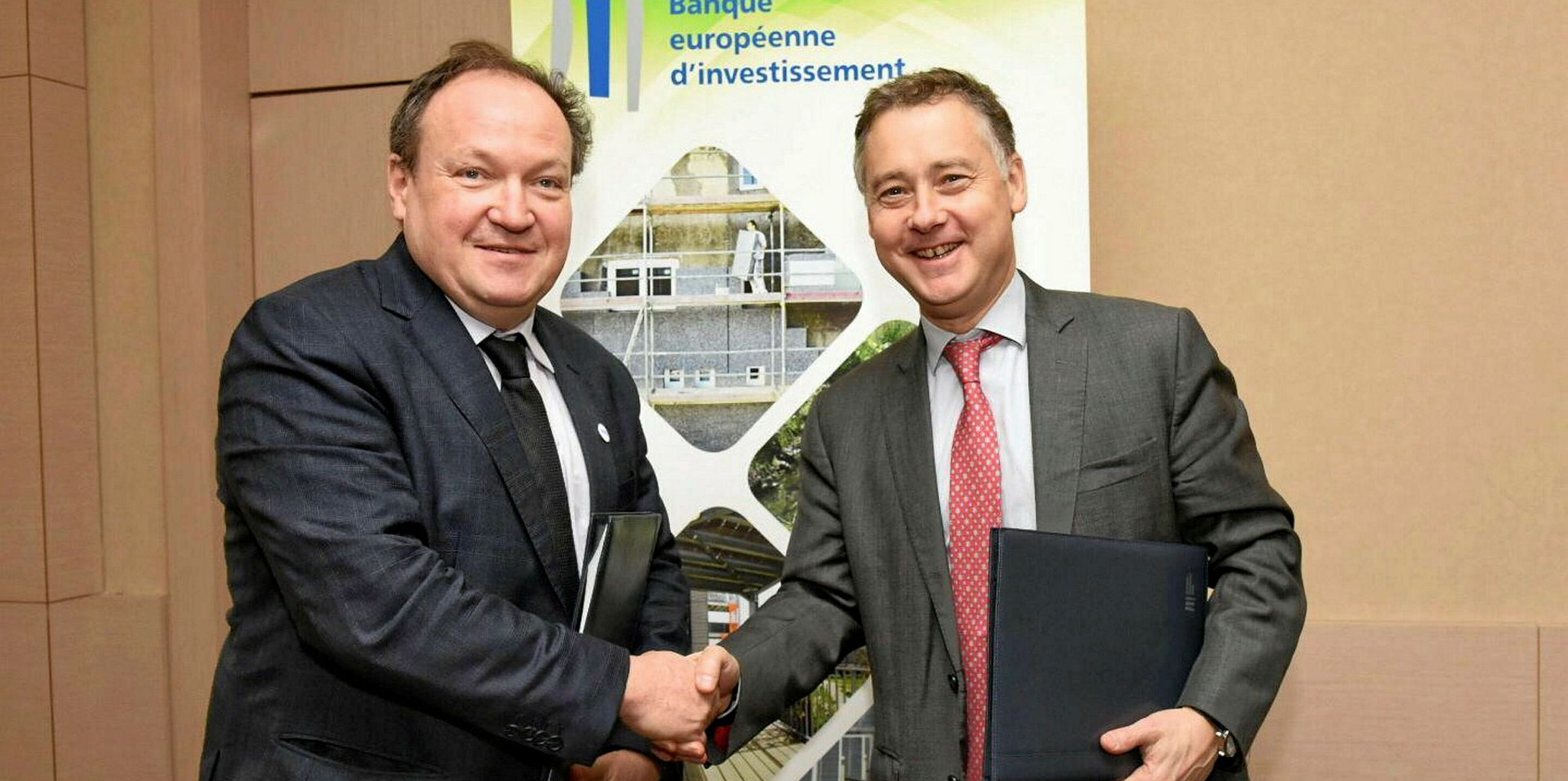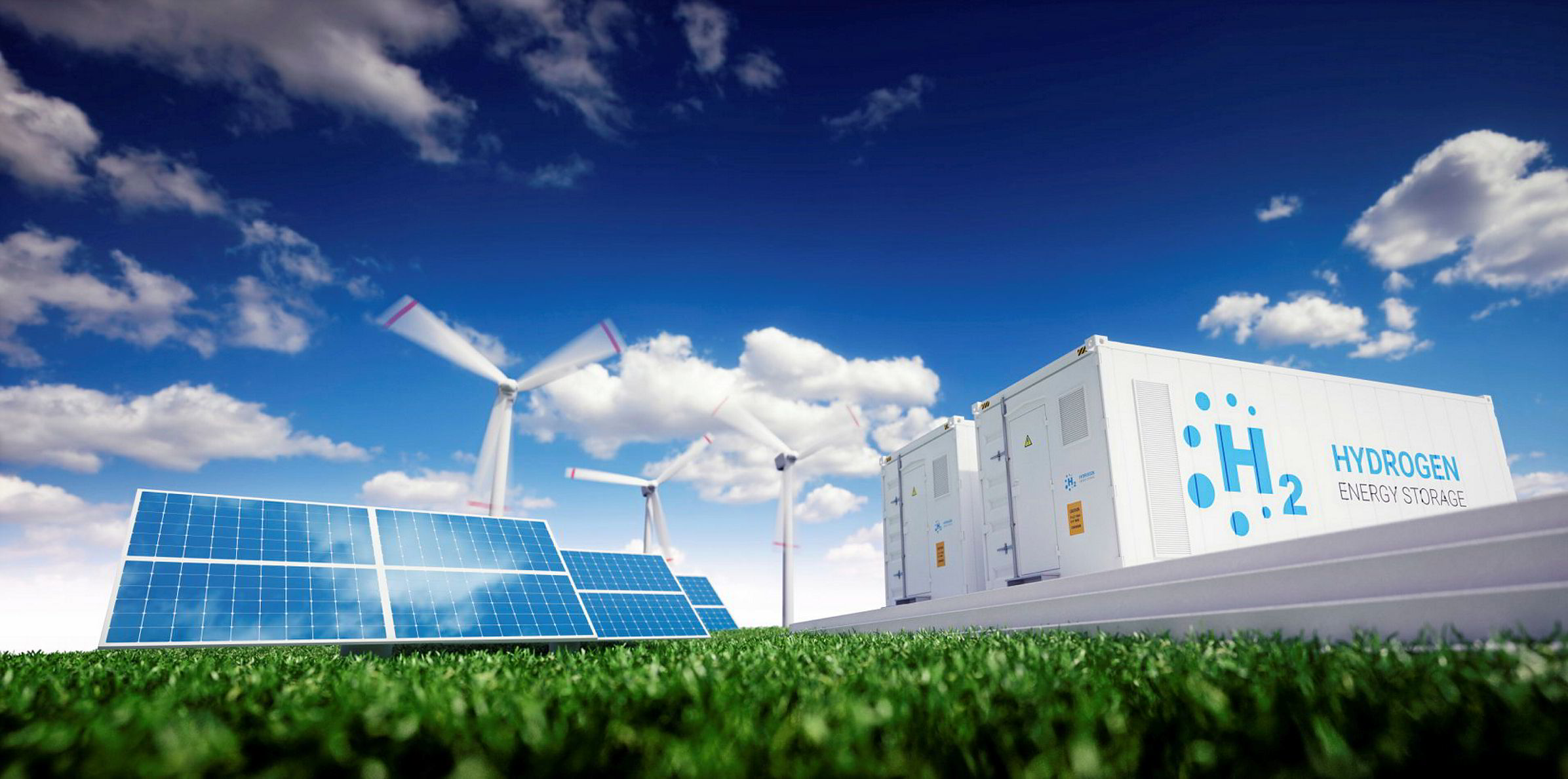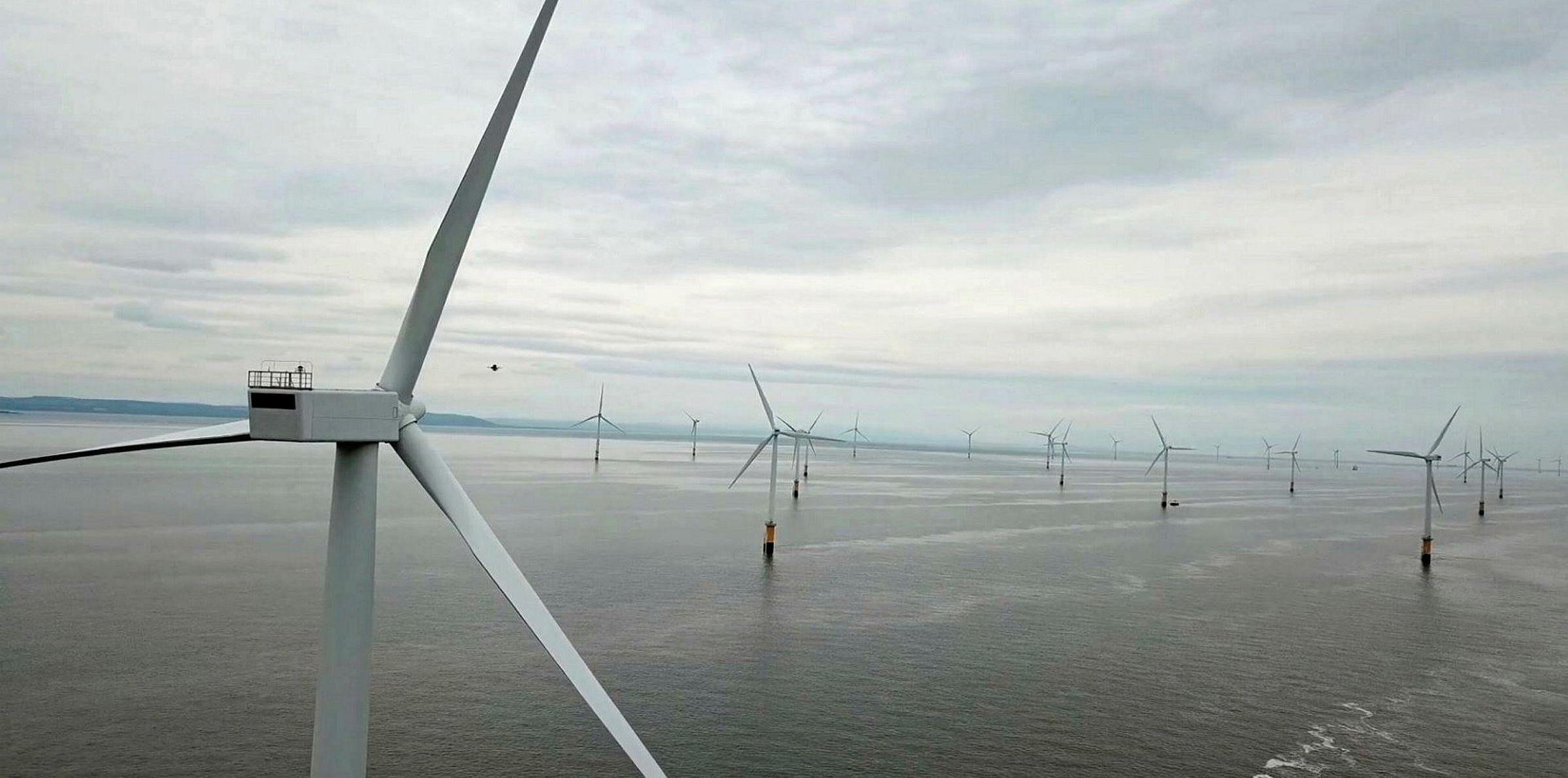The European Investment Bank (EIB) and the Hydrogen Council, a global advocacy group of CEOs representing energy, transport, and industrial organisations, have signed a landmark agreement to develop innovative financial schemes to fund large-scale hydrogen projects that would contribute to slowing climate change.
Working through the EIB’s InnovFin Advisory – a European Commission (EC) programme that support companies in structuring research and innovation projects to gain access to finance – the partnership will liaise to connect funding including corporate loans, project finance, or venture debt to “relevant” hydrogen projects now in development.
“The EIB is the European Union’s Climate Bank and financing new technologies and innovative projects that help to fight climate change is at the very heart of what we do,” said EIB vice-president Ambroise Fayolle.
“This is why I am particularly delighted that through our InnovFin Advisory partnership with the [EC], we are supporting the development of the hydrogen market in Europe, which will have a positive impact globally.”
Hydrogen Council co-secretary Pierre-Etienne Franc stated : “This collaboration agreement signals to the market that a major shift is about to take place. As confidence in hydrogen continues to grow, investors are coming to the table to back innovations and turn them into a reality.
“Only when we scale deployment will we help realize the full potential of hydrogen to drastically decrease energy-related CO2 emissions.”
The partners have already identified more than 20 hydrogen projects that are “ready to be scaled … and will guide and support investments in clean, efficient and profitable solutions based on hydrogen and ultimately accelerate the transition to a carbon neutral economy”.
Commenting on the signing, which took place at the International Energy Agency ’s (IEA) 2019 Ministerial side event on hydrogen, IEA executive director Fatih Birol said: “Hydrogen has great potential to play a key role in achieving a clean, secure and affordable energy future, as the IEA highlighted earlier this year in our ground-breaking report on the subject for the G20.
“The world now needs to take tangible action by scaling up hydrogen deployment through projects that can make a difference.”
Deployed at scale, hydrogen could account for almost one-fifth of total final energy consumed by 2050, according to Hydrogen Council calculations, reducing annual CO2 emissions by some six trillion tonnes compared to current levels, and contributing 20% of the abatement needed to limit global warming to 2°C.
Annual investments of $20-$25bn through to 2030 – “a fraction of what the world invests in oil and gas and renewable electricity per year”, the partners noted – would be required to reach this target.
Last month the EIB announced it would stop backing new fossil-fuel power projects by the end of 2021, in a move by the EU Bank that analysts said raises questions over natural gas’ role in the energy transition.



